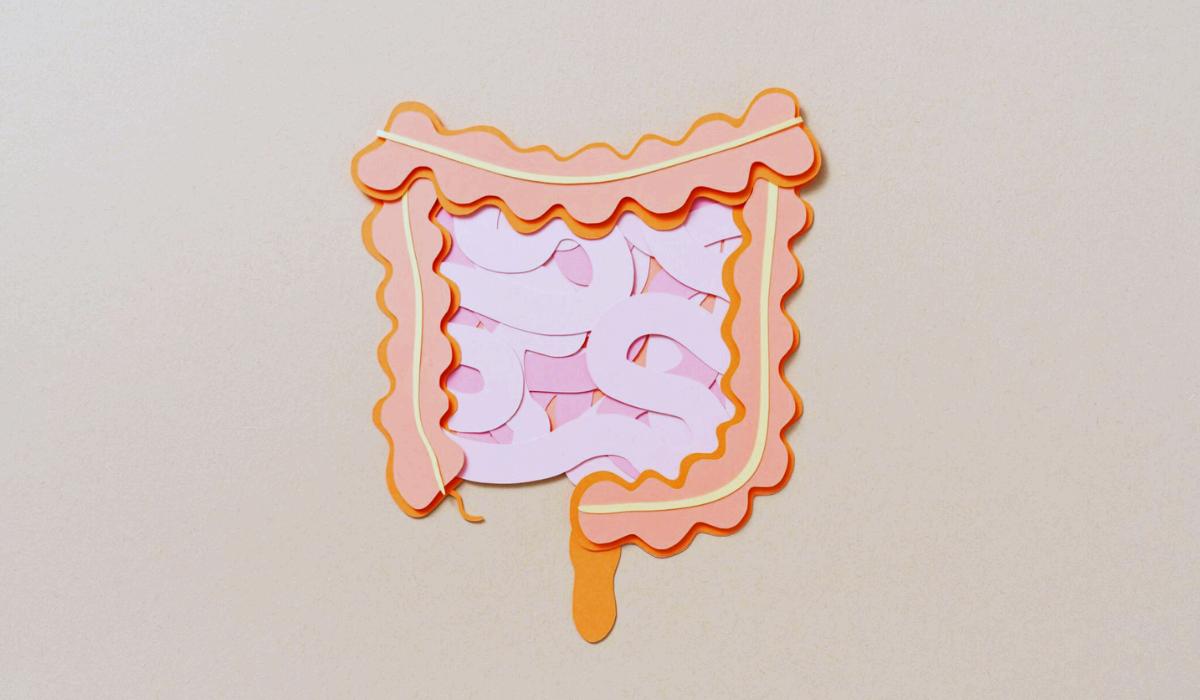How to Improve Digestive Health Naturally?

Our digestive system plays a vital role in our overall well-being, breaking down the food we eat and extracting essential nutrients that fuel our bodies. However, many of us experience digestive issues such as bloating, constipation, or discomfort due to various factors like poor diet, stress, and sedentary lifestyles The good news is that by making simple, natural changes to our daily routines, we can significantly improve our digestive health and experience the numerous benefits that come with it. In this article, we'll explore practical and natural methods to optimize your digestive wellness
Understanding Digestive Health
Digestive health encompasses the proper functioning of the entire digestive tract, including the esophagus, stomach, small and large intestines, and other associated organs A healthy digestive system efficiently breaks down food, absorbs nutrients, and eliminates waste from the body When the digestive system is not functioning optimally, it can lead to various issues such as acid reflux, indigestion, constipation, diarrhea, and even more serious conditions if left unchecked.
Mindful Eating Practices
Mindful eating is a powerful tool to improve digestive health. By slowing down and being present during mealtimes, we can better tune into our body's hunger and fullness cues, leading to improved digestion and nutrient absorption Mindful eating encourages us to savor
each bite, chew thoroughly, and avoid distractions like television or phones during meals
This practice can also help reduce overeating and promote a healthier relationship with food.
Balanced Diet for Digestive Wellness
A balanced diet rich in fiber, probiotics, and nutrient-dense foods is essential for optimal digestive health Fiber, found in fruits, vegetables, whole grains, and legumes, aids in regular bowel movements and promotes a healthy gut microbiome Probiotic-rich foods like yogurt, kefir, sauerkraut, and kimchi introduce beneficial bacteria to the gut, supporting digestion and immune function Additionally, incorporating lean proteins, healthy fats, and complex carbohydrates into your meals can provide the necessary nutrients for overall digestive wellness
Hydration and Digestion
Staying hydrated is crucial for maintaining a healthy digestive system. Water aids in the breakdown and absorption of nutrients, softens stool, and helps prevent constipation Aim to drink at least eight glasses of water daily, and consider incorporating hydrating beverages like herbal teas or infused water with fruits and herbs to add variety and flavor
Stress Management Techniques
Chronic stress can wreak havoc on our digestive health. When we're stressed, our bodies divert resources away from digestion, leading to issues like indigestion, bloating, and constipation Incorporating stress management techniques like deep breathing exercises, meditation, yoga, or engaging in enjoyable hobbies can help reduce stress levels and promote better digestion.
Regular Physical Activity
Regular exercise not only benefits our cardiovascular health but also supports digestive wellness Physical activity helps stimulate the natural contractions of the digestive tract, promoting regular bowel movements and reducing the risk of constipation Aim for at least 30 minutes of moderate exercise daily, such as brisk walking, swimming, or cycling.
Herbal Remedies and Supplements
Nature provides us with a wealth of herbs and supplements that can support digestive health Ginger, for instance, has been used for centuries to alleviate nausea and promote digestion Peppermint can help soothe digestive discomfort and relieve bloating Digestive enzymes, such as those found in supplements or fermented foods, can aid in breaking down
food more efficiently However, it's essential to consult with a healthcare professional before incorporating new supplements or herbal remedies into your routine.
The Importance of Sleep
Adequate sleep is crucial for overall health, including digestive wellness. During sleep, our bodies repair and regenerate, including the cells lining the digestive tract Lack of sleep can disrupt the natural rhythms of the digestive system, leading to issues like constipation, indigestion, and disruptions in the gut microbiome. Aim for seven to nine hours of quality sleep each night by establishing a consistent sleep routine and creating a sleep-conducive environment
Conclusion
Optimizing your digestive health naturally is a holistic approach that encompasses various aspects of your lifestyle. By embracing mindful eating practices, incorporating a balanced diet rich in fiber and probiotics, staying hydrated, managing stress, engaging in regular physical activity, and prioritizing quality sleep, you can support the optimal functioning of your digestive system Remember, every step you take towards improving your digestive health contributes to your overall well-being and quality of life.
